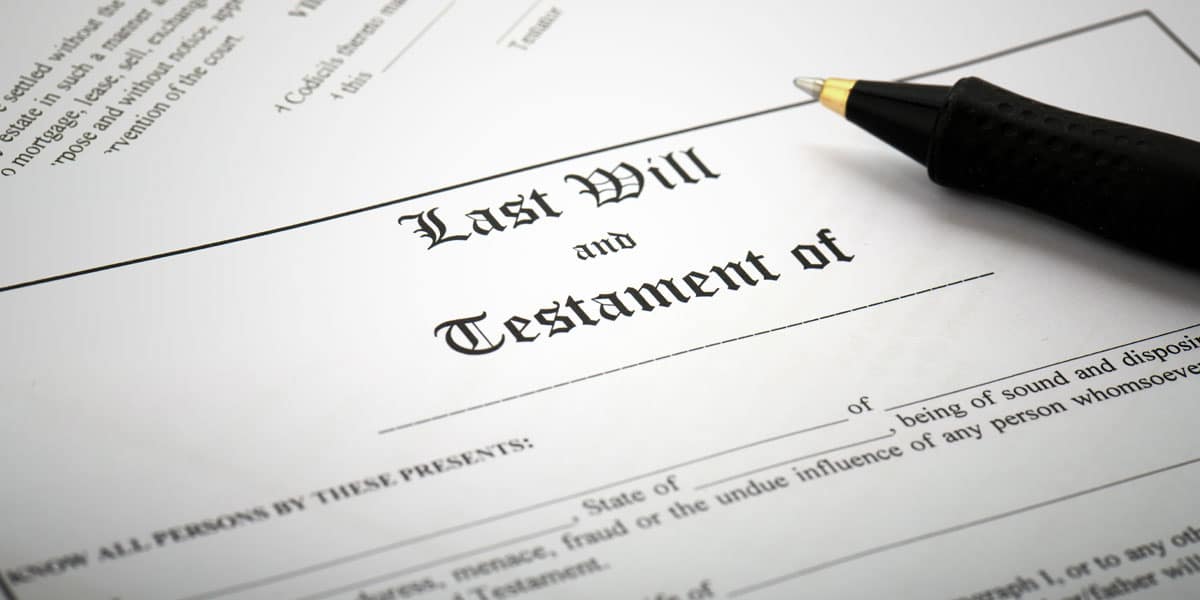Essential Legal Documents Everyone Should Have

Life is full of unexpected events, and while we can't predict the future, we can certainly prepare for it. Whether you're planning for your future, safeguarding your assets, or ensuring your loved ones are taken care of, having essential legal documents in place can provide security, clarity, and peace of mind. Here’s a comprehensive guide to the key legal documents that everyone should consider having:
The Last Will and Testament


A Last Will and Testament, commonly known as a will, is the document that dictates how your assets will be distributed after you pass away. Without a will:
- Your estate could be distributed according to state laws, which might not align with your wishes.
- The process could become lengthy, complicated, and potentially costly for your family.
- Your choice of guardianship for your minor children could be left to a judge, instead of those you’ve chosen.
Key Components of a Will

- Beneficiaries: Individuals or organizations you wish to inherit your property.
- Executor: The person tasked with carrying out the terms of your will.
- Guardians: If you have minor children, this outlines who will look after them.
💡 Note: Ensure your will is legally binding by signing it in front of witnesses and potentially getting it notarized, depending on local laws.
Durable Power of Attorney (POA)


This legal document gives another person the authority to act on your behalf if you become incapacitated. There are different types of POAs, but here we’ll focus on:
- Durable Financial POA: Allows someone to manage your financial affairs.
- Durable Medical POA: Permits someone to make healthcare decisions for you.
Benefits of Having a POA

- It ensures your affairs can be managed without legal delays if you’re unable to do so.
- You choose who will make decisions for you, rather than leaving it to chance or the courts.
Advance Healthcare Directive


Also known as a living will, this document outlines the medical treatments you do or do not want if you’re unable to communicate these wishes due to illness or injury. It includes:
- Your stance on life-sustaining treatments.
- Your preferences for pain management and comfort care.
- Instructions on organ donation, if applicable.
🚨 Note: This document reduces the burden on your family by providing clear guidance on your medical treatment preferences during critical times.
Trust

| Type of Trust | Description |
|---|---|
| Revocable Living Trust | You can modify or dissolve the trust during your lifetime, and it helps avoid probate. |
| Irrevocable Trust | Cannot be changed once established, and offers significant estate tax benefits. |
| Testamentary Trust | Set up in your will and takes effect after your passing, managing assets for beneficiaries. |

Beneficiary Designations

Accounts like life insurance, retirement accounts, and payable on death accounts allow you to designate beneficiaries directly. This bypasses the probate process, but it’s crucial to:
- Regularly review and update your beneficiaries to reflect life changes like marriages, divorces, or births.
- Understand that beneficiary designations override any instructions in a will.
Important Notes for All Documents

🔑 Note: While you can draft some of these documents yourself, consulting with an attorney ensures they are legally sound and meet all state requirements.
🗂️ Note: Keep your legal documents in a secure yet accessible place, and inform trusted individuals of their locations.
In closing, preparing these essential legal documents helps ensure that your wishes are carried out in the event of incapacity or death. This preparation not only provides for an orderly transition of your affairs but also significantly reduces stress for those left to manage your estate. By taking these steps, you're not only securing your legacy but also expressing your love and care for your family by providing them with the guidance they'll need.
Why is it important to have a will?

+
A will ensures your assets are distributed according to your wishes, reduces family disputes, appoints a guardian for your children, and can expedite the probate process by providing clear instructions.
What happens if I die without a will?

+
If you pass away intestate (without a will), state laws will determine how your estate is divided, which might not reflect your wishes. This could lead to unintended beneficiaries, lengthy court processes, and potential conflicts among heirs.
Can I change my will or power of attorney after creating them?

+
Yes, you can change your will or durable power of attorney by executing new documents or by making amendments, known as codicils for wills or modifications for POAs, provided they adhere to legal formalities.
How do I choose the right people for my legal documents?

+
Choose individuals who are trustworthy, reliable, and preferably younger than you. For financial matters, look for someone with financial acumen, and for healthcare decisions, consider someone who understands your values and medical preferences.
What is the difference between a will and a living trust?

+
A will takes effect after your death and goes through probate, whereas a living trust can manage your assets during your lifetime and bypasses probate. Trusts provide more privacy, can reduce estate taxes, and can continue to manage assets for beneficiaries after your death.



